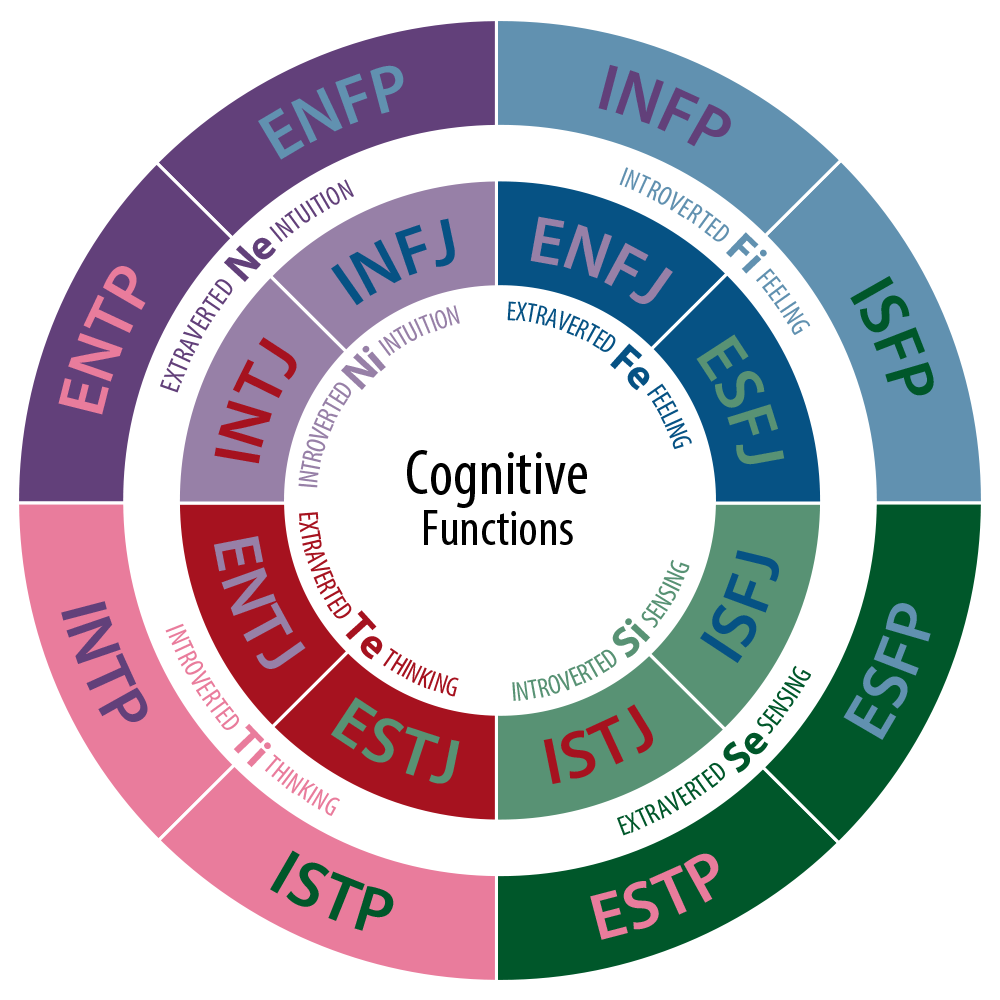Last week, we started our new workshop series called “Growing
Up, Going Up”, which is designed to prepare our young people for their journey
into responsible adulthood. In our first workshop, The Myers Briggs Personality Test & You, we discussed our
personality types and how knowing them could help us when we think about
interacting with others.
There are many personality tests out there, but one of the
most common is the Myers Briggs personality test. This test is a questionnaire
based off of four theorized components of our personalities:
- Extraversion/Introversion: These two indicate where you get your energy from. Extroverts draw energy from action and social interaction, while introverts draw energy from reflection and quiet alone time.
- Sensing/Intuition (Sensing function): These two indicate how you perceive, gather, and interpret information. Those who are sensing prefer when information is based off of something concrete, detailed, or factual. Those who prefer intuition like when information is abstract and theoretical.
- Thinking/Feeling (Judging function): These two indicate how you make rational decisions. People who are thinking types decide things using reason, logic, rules, and past experiences. People who are feeling types make decisions based on empathy, balance, and consensus.
- Judging/Perception: These two indicate how people express either their Sensing function or their Judging function. Someone who is categorized as Judging likes things to be settled and complete, while someone who is categorized as Perceptive likes to leave things open.
All of these combinations create 16 distinct personality
types.
Although these are theoretical, knowing your personality
type can be helpful in learning about your preferred working style, the career
path that would suit your personality best, and how you work with others. These
personality types are also not set in stone, meaning that being classified as feeling
doesn’t mean you don’t have moments where you are not classified as thinking. Use
these as a guide to learning for about yourself.
To learn more about the Myers Brigg test, and about each
personality, check out these links:
- Take the Myers Briggs Test: http://www.humanmetrics.com/cgi-win/jtypes2.asp
- Each personality type defined: http://www.myersbriggs.org/my-mbti-personality-type/mbti-basics/the-16-mbti-types.htm or http://www.16personalities.com/personality-types
- Your personality type and your career choice: http://www.businessinsider.com/best-careers-for-every-personality-type-2015-1



No comments:
Post a Comment